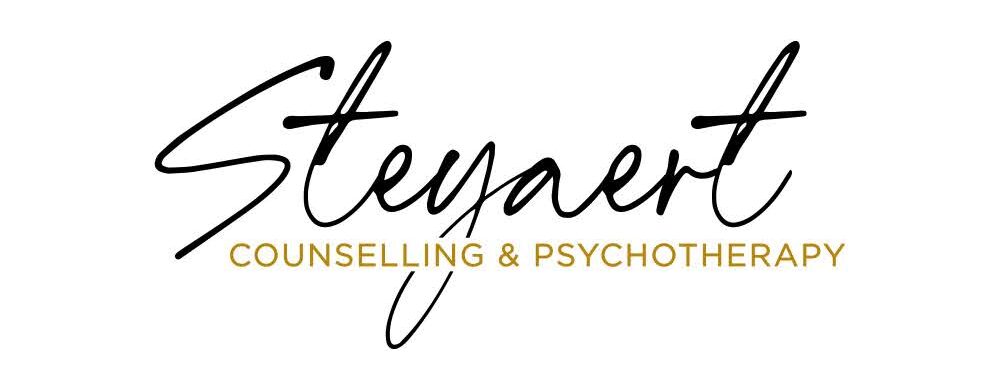Attention Deficit Hyperactivity Disorder (ADHD)
A neurodevelopmental disorder characterized by inattention, hyperactivity, and impulsivity that often begins in childhood and can impact daily functioning.
Addiction
A complex condition involving compulsive engagement with a substance or behaviour despite harmful consequences, often leading to physical and psychological dependence.
Anger Management
Anger Management is learning to handle strong feelings of anger in a good way, like taking deep breaths or talking about what’s bothering you instead of yelling.
Anxiety
Anxiety is feeling worried or scared a lot, even when there’s no real danger. It’s like having a little worry monster in your head.
Attachment Issues
Attachment Issues happen when it’s tough to feel close to others. It’s like feeling unsure if your friends will always be your friends.
Bipolar Disorder
Bipolar Disorder is when someone’s feelings go up and down like a roller coaster. It’s like having big waves of happiness and sadness.
Borderline Personality Disorder (BPD)
Borderline Personality Disorder makes it hard for people to have stable moods and relationships. It’s like feeling a bit lost about who you are.
Communication Problems
Communication Problems are when it’s hard to talk or understand each other. It’s like trying to speak different languages.
Depression
Depression is feeling really sad for a long time. It’s like having a dark cloud over your head.
Dissociative Identity Disorder (DID)
Dissociative Identity (DID) is when someone has different parts inside them, like characters in a story. It’s like having a team of superheroes in one person.
Eating Disorders (ED)
A range of conditions involve unhealthy eating behaviours, body image issues, and psychological distress. Common types include anorexia, bulimia, and binge-eating disorder.
Family Problems
Dysfunctional dynamics within families can lead to conflicts, breakdowns in communication, and emotional distress among members.
Grief, Loss, and Bereavement
Emotional and psychological response to the death of a loved one involves a range of feelings and adjustment challenges.
Health, Illness, or Medical Issues
Psychological support for individuals dealing with chronic illness, medical treatments, and health-related stressors.
Infidelity
Betrayal of trust in a committed relationship through emotional or sexual involvement with someone outside the partnership.
Life Transitions
Challenges and adjustments individuals face during significant life changes such as marriage, parenthood, career shifts, or retirement.
Mood Swings
Rapid and intense shifts in mood, are often seen in mood disorders like bipolar disorder or certain personality disorders.
Narcissism
A personality trait characterized by excessive self-interest, lack of empathy, and an inflated sense of self-importance.
Obsessions and Compulsions Disorder (OCD)
An anxiety disorder characterized by intrusive thoughts (obsessions) and repetitive behaviours or mental acts (compulsions) performed to alleviate distress.
Panic Attacks
Sudden and intense episodes of fear or anxiety are accompanied by physical symptoms, often related to panic disorder.
Parenting
Support and guidance for caregivers in raising children, addressing challenges, and promoting healthy parent-child relationships.
Perfectionism
Setting unrealistically high standards for oneself and experiencing distress when these standards are not met.
Personality Disorders
Persistent patterns of thoughts, feelings, and behaviours that deviate from societal norms, causing significant distress or impairment in functioning.
Phobias
Intense and irrational fears of specific objects, situations, or activities that can disrupt daily life.
Polyamory
A consensual non-monogamous relationship style involving multiple partners with open communication and mutual agreement.
Posttraumatic Stress Disorder (PTSD)
A mental health condition triggered by experiencing or witnessing traumatic events leads to distressing memories, avoidance, and heightened arousal.
Psychosis
A severe mental state involving distorted thoughts, perceptions, and emotions, is often seen in conditions like schizophrenia.
Relationships and Marriage
Counseling to improve communication, resolve conflicts, and enhance intimacy in romantic partnerships.
Schizophrenia
A chronic mental disorder characterized by distorted thoughts, emotions, and perceptions, often accompanied by impaired social functioning.
Self-Care
Practices that prioritize physical, emotional, and mental well-being, promoting overall health and resilience.
Self-Compassion
Treating oneself with kindness and understanding, especially in the face of mistakes or hardships, fosters emotional resilience.
Self-Esteem
An individual’s overall evaluation of their self-worth and capabilities influences confidence and behaviour.
Stress
The body’s response to demanding situations can have both physical and psychological effects. Stress management techniques aim to reduce its negative impact.
Trust Issues
Difficulty in believing or relying on others due to past experiences of betrayal or deceit, impacting the ability to form healthy relationships.
Workplace Issues
Addressing challenges such as conflict resolution, burnout, communication problems, and maintaining work-life balance within a professional setting.

